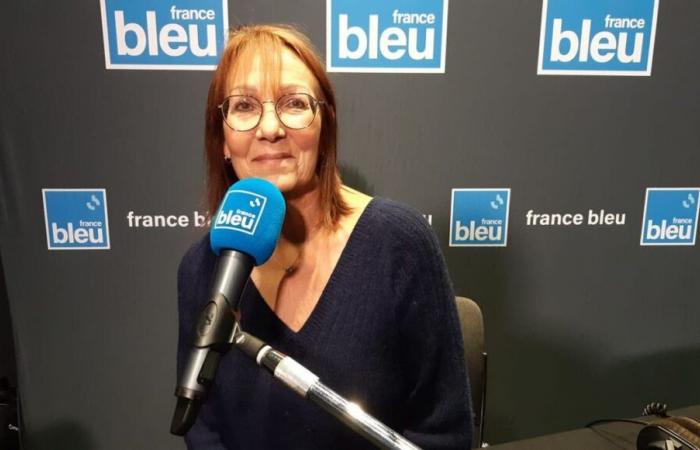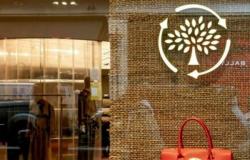
Initially, Joëlle Chardon did not want to come and testify. In all humility, she didn't see why it would be her who would be interviewed on the radio, rather than someone else. Because Joëlle is one of the 250 volunteers who came to lend a hand, the day after October 17, to help clean up Rive-de-Gier. This resident of the town lives on high ground and was not affected, but two days after October 17, like many others, she made inquiries to help neighbors and other residents. “We presented ourselves on Saturday morning with my husband and other people, to the people at the town hall. Everything was calm in the city. Everything was sad. We didn't really know who to contact. Elected officials were keen a permanent office in front of the town hall” she remembers.
“We had the impression that we wouldn’t make it”…
Joëlle is then quickly assigned to the Rive-de-Gier media library, filled with mud. “We took the boots, we took the gloves and we helped to clear the mud from the media library because the water had risen very high. There was a lot of mud. We had around 20 to 30 centimeters of mud everywhere.
The work is titanic. “The work was quite calm. Everyone was working in their own corner with squeegees. We had the impression that we wouldn't be able to do it. We had squeegees, we removed the mud and it started again. 'on the other hand, so we can't really see the floor. It was still a little sad to see all the books in the media library, all the CDs, the DVDs, the games, throwing away the toys. game library was a magnificent place” she regrets.
…”then we saw the ground, we started talking again”
But, little by little, hour after hour, the result is visible. “The minutes that passed, then the hours. Everyone worked together, each on their own. Then we were still able to see the ground again and see that the mud was gradually being cleared. So afterwards, there was had a moment of decompression when we started talking again, we started chatting together again and also joking.” says Joëlle.
On Sunday, this human chain was so effective in emptying the media library and cleaning everything in the city that all the containers in the city are full. Everything was full and, as the town hall no longer had room to throw everything away, it finally sent everyone back to rest on Sunday.





